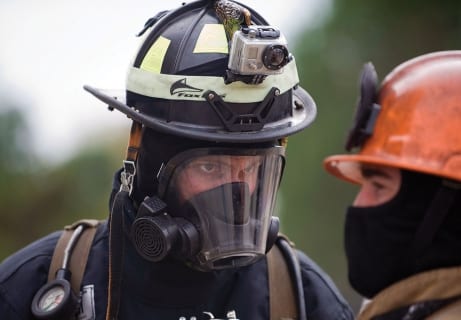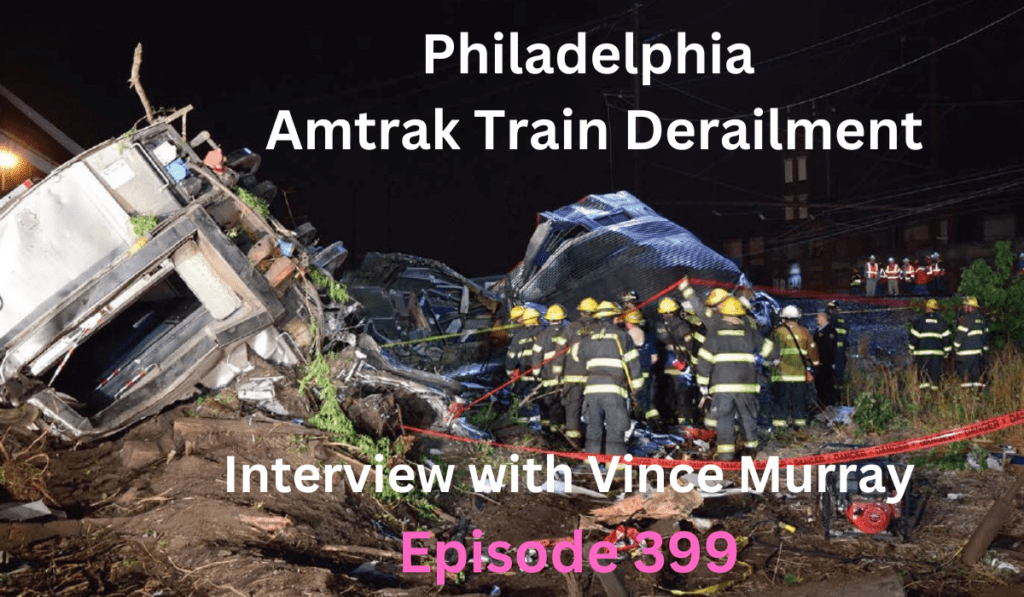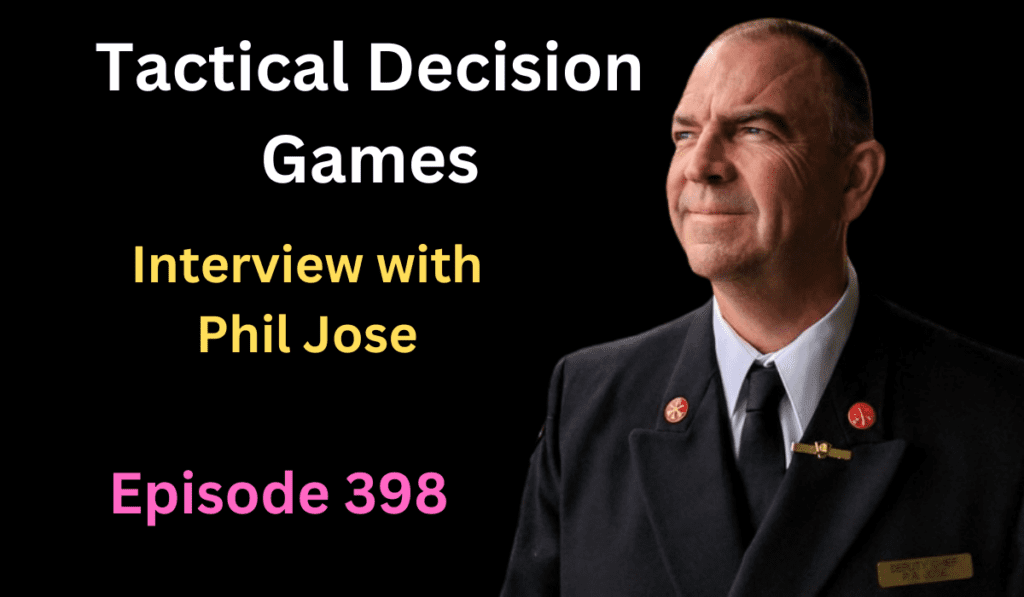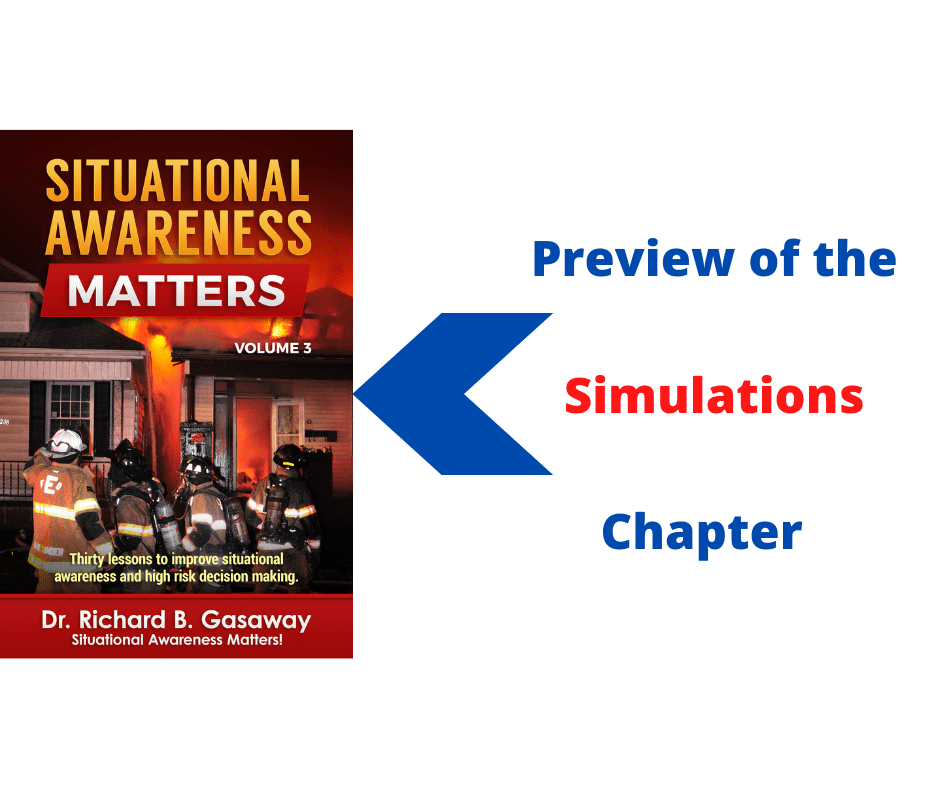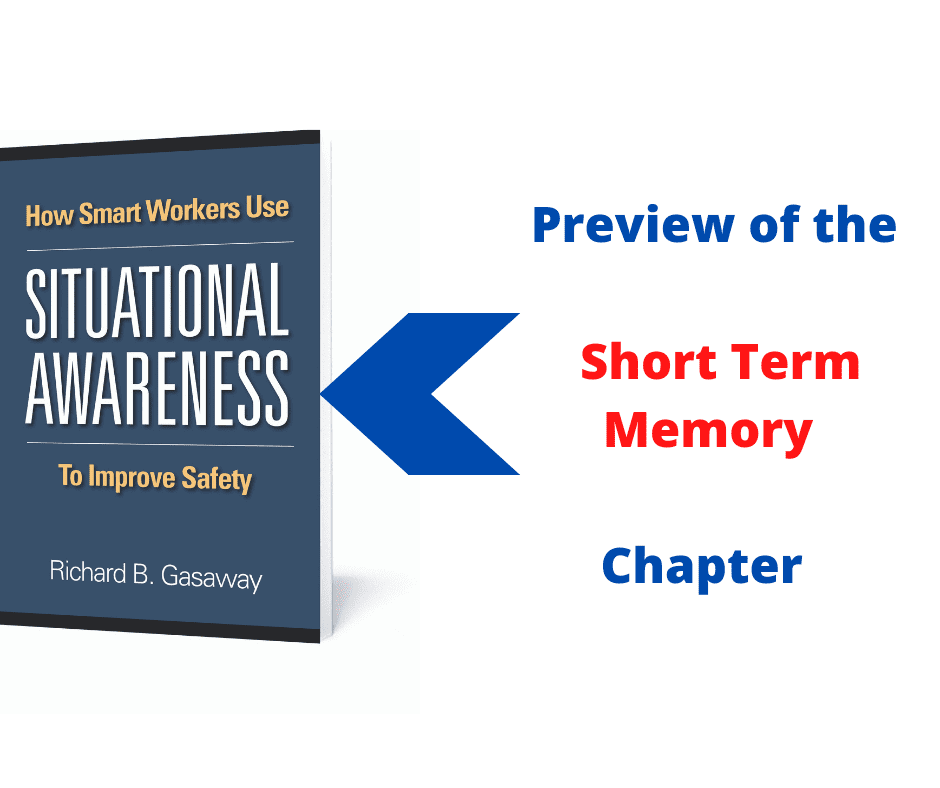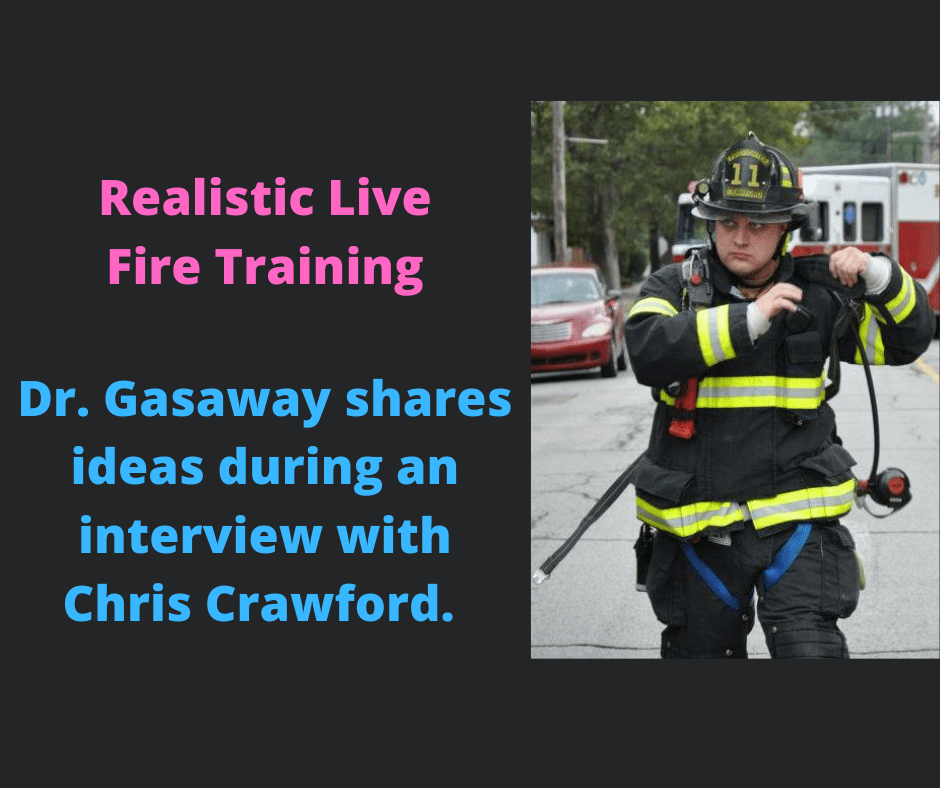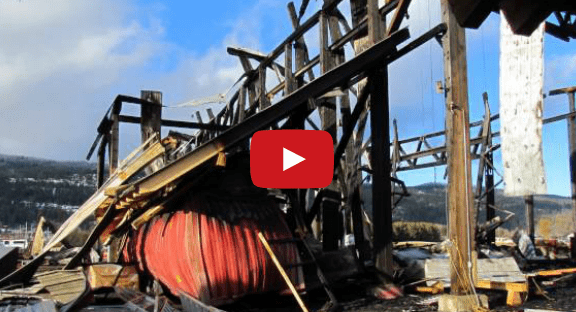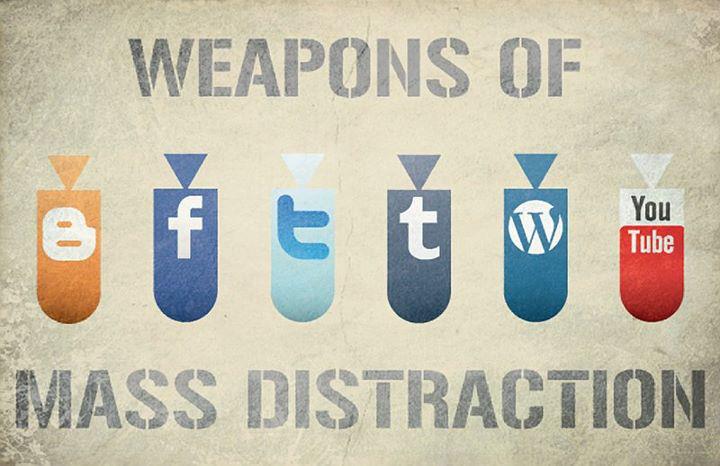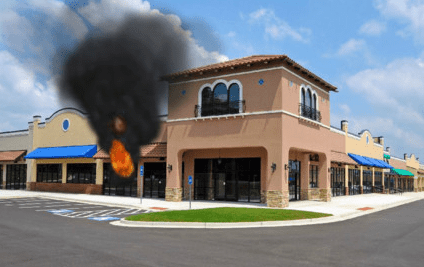Helmet Cams and Risky Behaviors
I recently fielded a question from a Situational Awareness Matters member on the use of helmet cameras and the impact it might have on situational awareness. Here is the question: Would you please be so kind as to point me in the direction of literature, articles, websites or advice on the impact of personal cameras […]
Helmet Cams and Risky Behaviors Read More »

